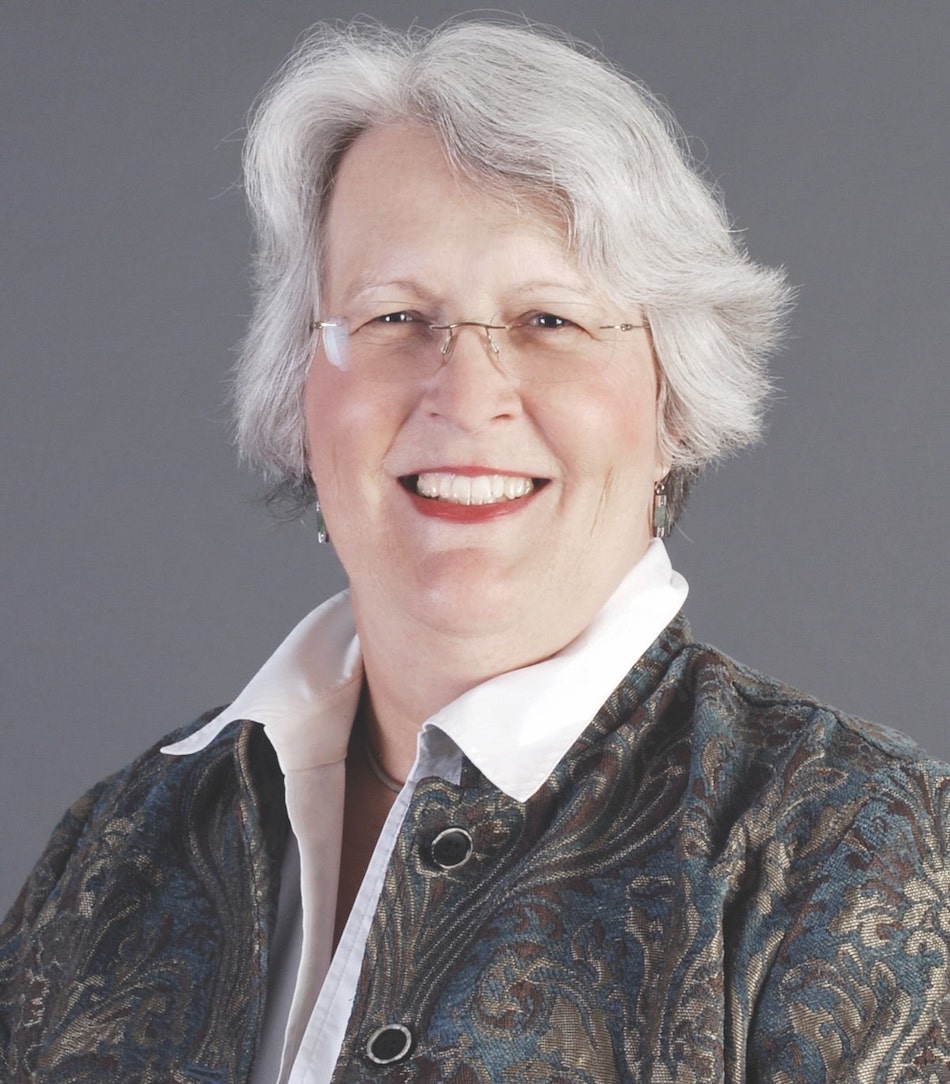
Judge Phyllis Frye
Judge Phyllis Frye will speak at the Dallas Holocaust and Human Rights Museum on Wednesday, Nov. 15, but before I go to hear her speak, I owe her an apology.
Through the 1990s, I was a board member of the Lesbian and Gay Rights Lobby of Texas, now known as Equality Texas. While equality was our goal, we were singularly focused on getting a hate crime bill through the Legislature. And every version of the bill that was written only included protection based on sexual orientation.
One board meeting, Houston transgender activist Phyllis Frye came to speak to the board to ask us to encourage the Legislature to add gender expression or identity to the list of covered hate crimes.
While no one disagreed that the transgender community was the target of hate crimes, most board members believe we could get a bill passed if it included sexual orientation but not if it included gender identity.
Two of us voted with Frye to add the transgender language to our goals. The rest of the board voted no.
Although I was one of the two who voted with her, I have to apologize for not being able to convince anyone else to vote with us. (The other yes vote on the board came from Mitchell Katine, a Houston lawyer who later became the first defense attorney in the case that became Lawrence v. Texas).
If a board dedicated to gay and lesbian rights couldn’t be convinced that transgender rights were equally important by the woman who’s come to be known as the grandmother of the transgender rights movement, that at least proves what a tough road the transgender community has had to navigate.
Frye earned a law degree at a time when cross-dressing was illegal in Houston. She dealt with a D.A. who was policing her bathroom use at the Harris County courthouse but then built her career on a case where she defended a closeted member of the military who had gotten a DWI after leaving a gay bar and needed to keep the case out of the media. From her fees, she advertised in the Houston gay newspaper and launched her career.
In 2010, Mayor Annise Parker appointed Frye as an associate judge in Houston Municipal Court, making her the first transgender judge in the U.S.
What was the fight for transgender rights like, even having to fight the gay and lesbian community as she fought to use a bathroom in the courthouse to becoming a judge there? “It was a bitch,” Frye said by phone this week. “I promise you.”
She said the greatest advance came three years ago when the U.S. Supreme Court issued the Bostick decision that said Title VII employment protections that included sex include both sexual orientation and gender identity. Frye had gone to the EEOC in the mid-1970s to get a ruling on whether the workplace discrimination she had experienced was covered.
“When I transitioned, I was told sex does not include transgender,” she said.
She notes that not until 2008 did HRC finally agree to include the trans community as part of its mission. Why? “A lot of gay and lesbian people with money didn’t want to fuck with us and dilute the message,” she said.
But just as the hate crime bill in Texas was rejected multiple times and when finally passed, was vetoed before passing once more and being signed, what’s currently known as the Equality Act has been introduced for decades and has continued to fail to pass Congress even when the trans community was excluded.
Excluding people isn’t a winning strategy.
Tickets to hear Frye speak are available at DHHRM.org.
— David Taffet

Thank you, David! You have done so much. I’m proud of you!!